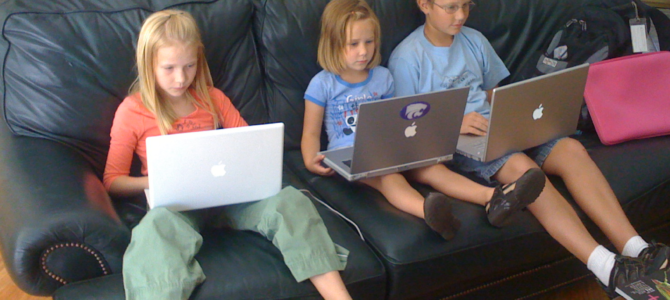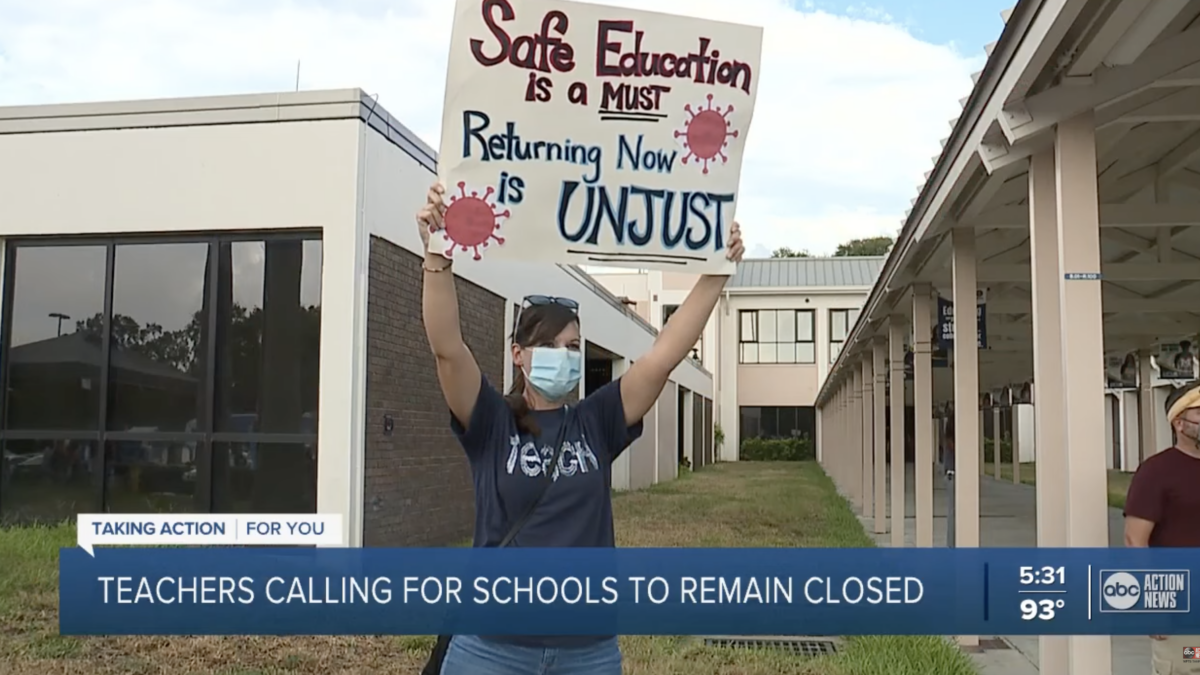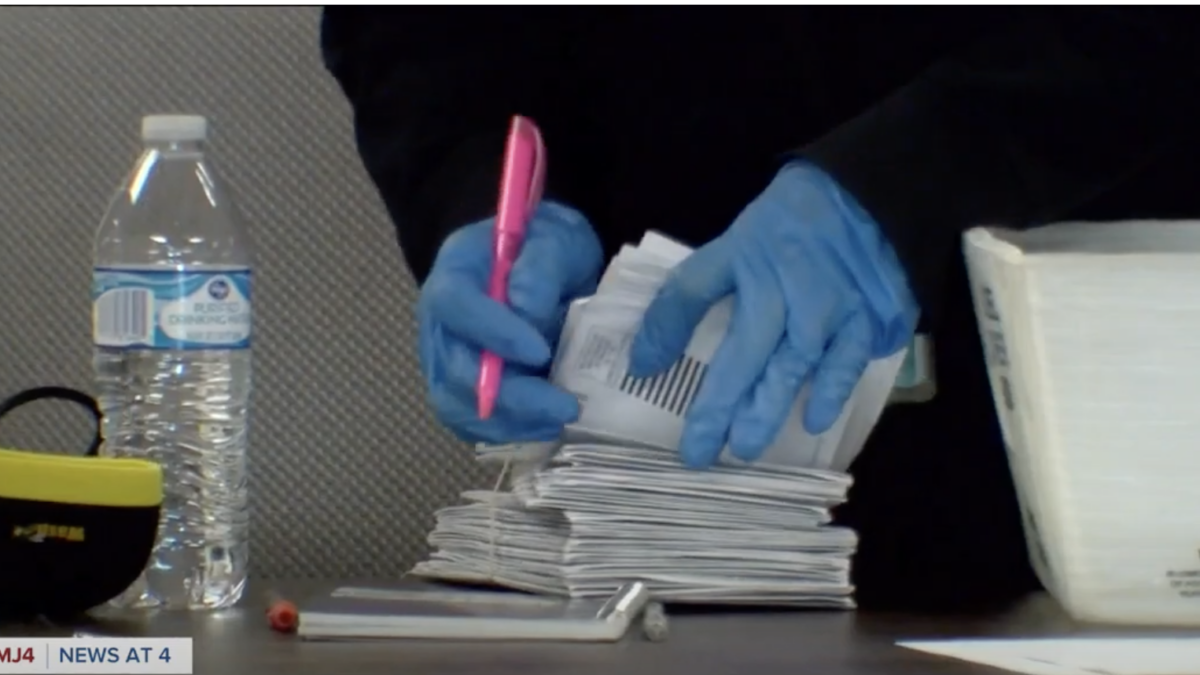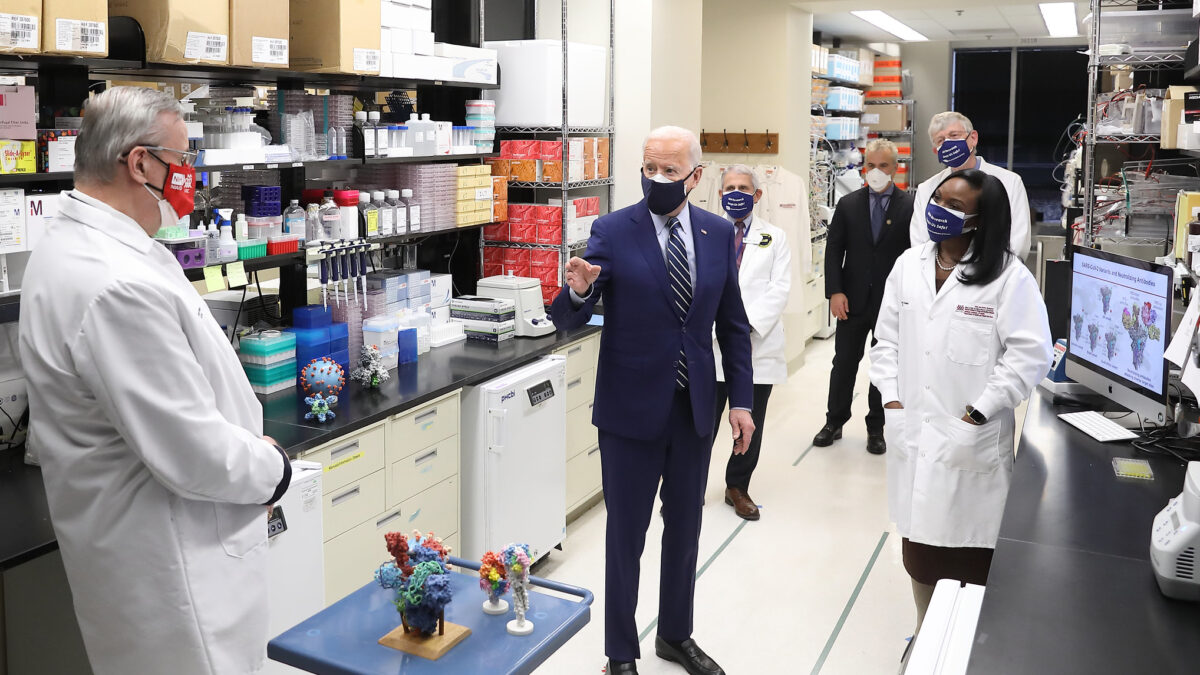
The Washington Post recently published an education expert’s opinion with this dramatic headline, “Homeschooling during the coronavirus will set back a generation of children.” Despite the click-bait-worthy headline, the piece was actually about how erratic and disruptive online or e-learning can be for students.
As a mom of four school-age children, I too have noticed how difficult e-learning is, ever since schools closed due to the COVID-19 pandemic. While I applaud the teachers and school administrators who are working to continue our kids’ education during this unprecedented time, shoving my kids into online schooling seems counterproductive.
Perspective: Homeschooling during the coronavirus will set back a generation of children https://t.co/hNnx62PVLe
— The Washington Post (@washingtonpost) March 28, 2020
E-Learning Relies Too Much on Cumbersome Tech
The announcement to close schools happened quickly, so school administrators had little time to prepare, but so far online schooling is proving tedious precisely due to the heavy reliance on the technology that makes it possible in the first place.
I have three kids in elementary school and one in middle school. One teacher uses a Facebook group, another uses email and a couple apps, while another uses the school’s online portal. All of these require separate usernames, passwords, and devices. It often takes longer to log into the correct portal with the correct password, locate just the right email, or wade through a slew of messages via apps on my phone than it does to do the lessons waiting for my elementary kids each day.
My eldest child has at least seven different teachers, and many require different portals, emails, or apps just for him to access his assignments. Uploading his completed work has proved to be an entirely different frustration and sometimes even impossible. (To his credit, my son’s school principal seems to have caught onto this quickly and is streamlining this more as time passes.)
Of all my children, online schooling seems to work best for my oldest, and I imagine most children in middle and high school might balance this way of learning alright, especially temporarily, due to their age.
Online Schooling Has Its Limits
Don’t get me wrong, technology does have its advantages, and I’m no anti-tech Scrooge. In a time such as this, online portals, apps, and email are a nice avenue for students and teachers to remain in touch. I’ve seen a number of tweets of school teachers facilitating Zoom meetings with their students, or helping them with problems, and this is great. Friends have sent me photos of their children taking ballet, piano, or guitar lessons via Zoom. This too is wonderful.
But it also illustrates my point: E-learning can work well when paired with something tangible, like an instrument, or with movement, like a dance class. It doesn’t seem to work as well with basics, such as math, reading, and writing — focal points of elementary school and foundational elements of good education.
While e-learning creates a path of connection from teacher to student, it doesn’t necessarily create a solid learning environment or experience for the student. Online schooling has long proved difficult for younger kids, kids with special needs, or kids who require hands-on learning.
This model also adversely affects families with multiple kids, fewer devices, no internet, or parents who simply can’t spare the time tutoring their children. Many students in my children’s classes have working parents. When officials canceled school, these parents had to put their children who were in school into local daycare centers all day. This means their only window for e-learning is late at night when everyone is tired.
Yes, but you chose to homeschool. Kids now are being homeschooled by struggling single parents, unemployed parents, stressed out parents, parents who never received any college education, parents who didn't finish highschool, and more. All of that takes a toll.
— Napa_life (@LitlMizSunshine) March 28, 2020
I have been a teacher for 15 years, and I am struggling to "homeschool" my own 2 children. Parents out there- don't be too hard on yourselves! This is not easy. Home learning will never look the same as learning at school. Have grace, patience, and just do what you can.
— Carla Bouchard (she/her) (@c_bouchard) March 24, 2020
This mother, a scientist, decided to throw up her hands entirely for the good of her family. Her articulate thread explaining why and the responses to it are worth reading.
https://twitter.com/indyfromspace/status/1247856156963409920?s=19
Administrators were caught off guard when state and federal officials closed schools to ward off the spread of COVID-19. They had little time to prepare, and my kids’ school district has made significant, positive week-to-week adjustments. But I also expect that our education community, which has access to millions of dollars and which is full of presumed experts in the field, would know how kids learn, whether or not e-learning can accommodate this, and if not, what to do about it. The transition has been extremely messy, and kids’ education and family life is clearly suffering for it.
E-Learning Isn’t Really a Lot of Learning
Younger children simply don’t learn best when plopped in front of a computer all day, and we’ve known this for a while. Education experts studied virtual charter schools and found that “challenges in maintaining student engagement are inherent in online instruction,” concluding, “Academic benefits from online charter schools are currently the exception rather than the rule.”
Another report on online charter school performance found that students doing school online simply learn less. “It is increasingly clear that full-time virtual charter schools are not a good fit for many children, the report found.
These studies are no doubt a result of the way children’s brains are wired. Younger children learn best through play, memorize things easier and faster than any other age group, and essentially require movement in order to behave well and continue learning throughout the day. These are things online learning can provide only at a minimum, if at all, unless the parent at home is extremely engaged in the e-learning process. And if these parents wanted to be homeschooling, they would have been.
Online Schooling Isn’t Homeschooling
Many parents who homeschooled before the COVID-19 outbreak took issue with the Washington Post’s headline because it seemed like an indiscriminate blow to their family values and lifestyle choices. Not only was the article decrying the use of e-learning, but it described this pandemic-fueled schooling as homeschooling. It’s worth pointing out that what parents and teachers are trying to do now hardly reflects what most homeschoolers do on a regular basis.
When I homeschooled my children full time, we followed a classical model of education, which I still think is best, and many parents could try for if they find that e-learning is simply not working for their children. The focus of a classical model in elementary school is on absorbing facts and memorization, reading good literature (or listening to it), writing, and learning basic math functions.
Most homeschooling parents choose their curriculum after tedious hours of research, implement it in a way that reflects their goals and matches each child’s strengths and weaknesses, and participate in a number of co-ops or opportunities to learn in groups. They also structure their family lives to accomodate this. I know very few homeschool families who put their children in front of computers, walk away, and call it homeschool.
While I’m thankful for how hard school administrators and teachers are working to continue education, I’m just not sure e-learning will benefit our youngest learners.









